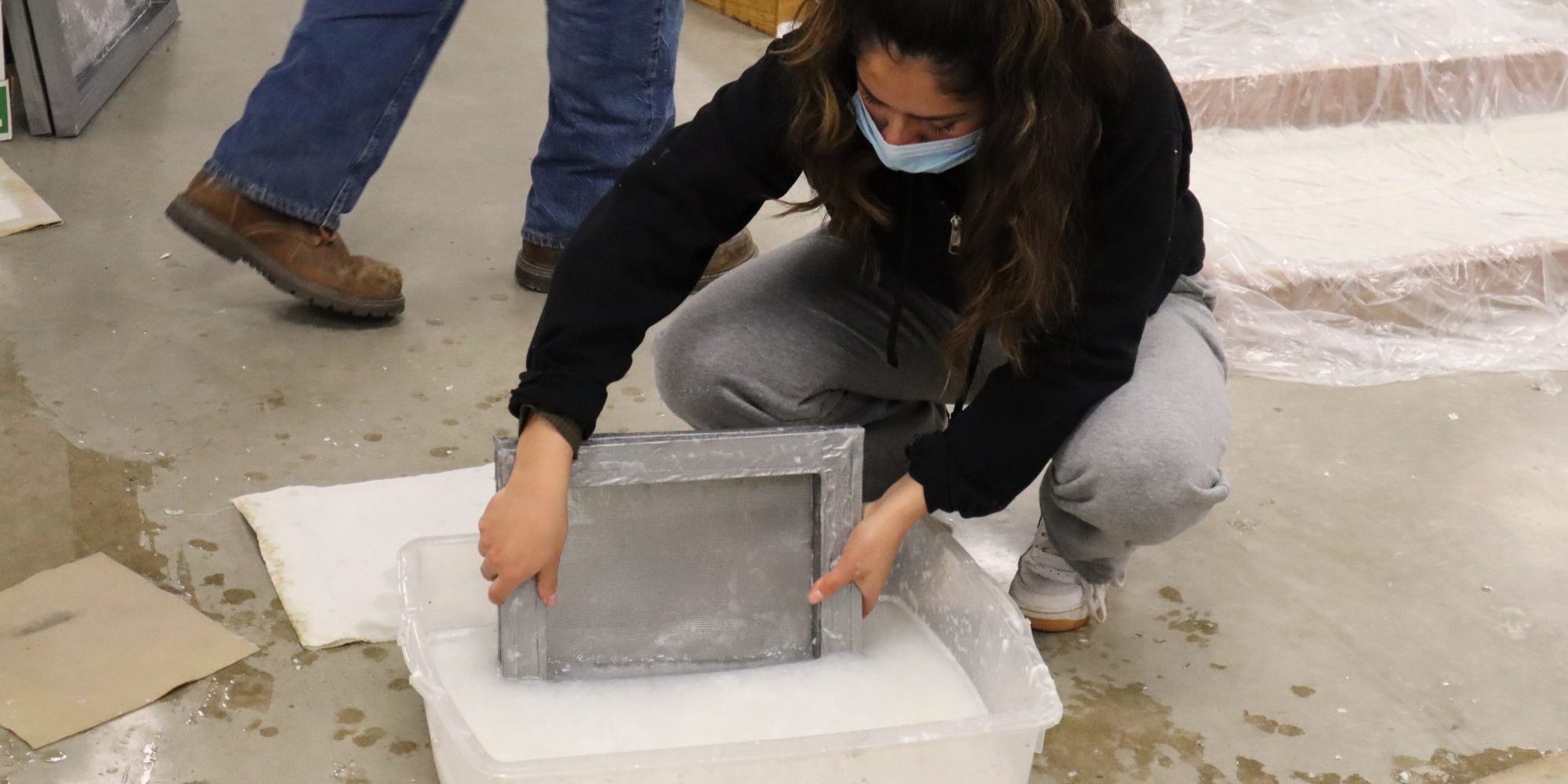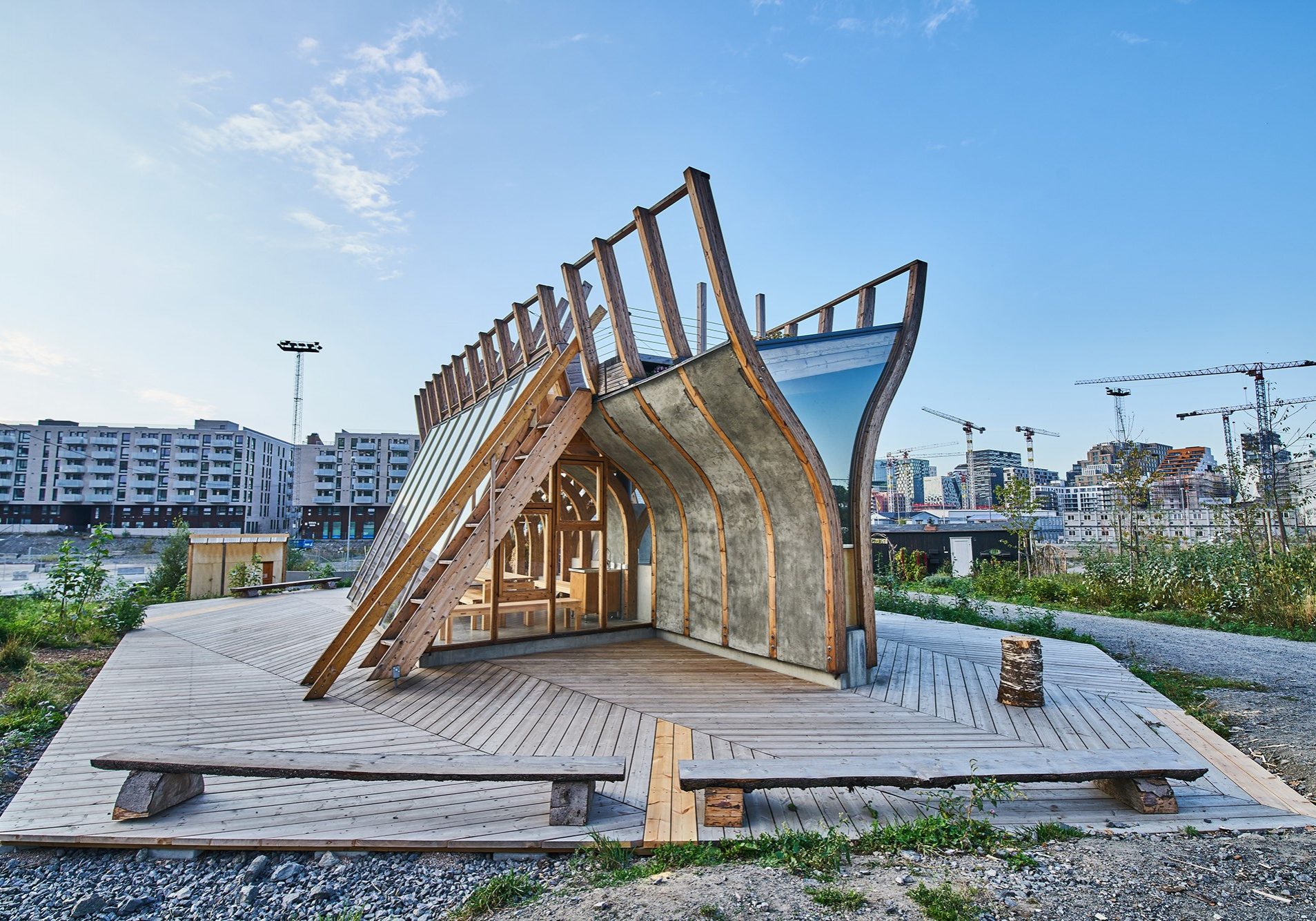COURSES
Academic Program Offerings
A 2-course sequence, counting for AUCC credits, that introduces students to the complexity of Humanities-based thinking, and investigating the way such thinking can enter into STEM concerns.
- IU174A-D: Questions for Human Flourishing
- IU173A-D: Thinking Toward a Thriving Planet
A certificate in interdisciplinary learning that includes IU173 and IU174 along with 9 additional upper-division courses in the CLA that further the vision of the Arts & Humanities and the STEM fields as necessary partners
IU174A-D
Questions for Human Flourishing
We call Questions for Human Flourishing our “Gold” course—color of ripe wheat and the nourishing grain, precious metal that keeps its luster across millennia. These classes approach concerns that have been our deepest cares since humans have been human. Devoted to discussion and inquiry, recent Gold classes have examined “Truth & Beauty,” “Happiness,” and the roots of “Inspiration”


IU173A-D
Thinking Toward a Thriving Planet
We call Thinking Toward a Thriving Planet our “Green” class—color of the lush meadow, color of the summer leaf. Our Green classes merge the Arts & Humanities with concerns that prevail in STEM fields, furthering our belief that interdisciplinary learning leads to mutual thriving. Recent courses explore the ethical and aesthetic relation of humans to the more-than-human-world, and a class investigating the various ways in which knowledge can be built.
AUCC Credits
All our courses count for the AUCC in four different categories:
- A = 1C Diversity, Equity, Inclusion
- B = 3B Arts & Humanities
- C = 3C Social Sciences
- D = 3D Historical Perspectives
Spring 2024 Classes
Gold: Questions for Human Flourishing
IU174A.001 TR from 11-12:15 in ANSCI 131 Maria Ines Canto Carrillo
Loneliness has been declared a "Modern Epidemic" (Fay Bound Alberti) in England. As a result, a Minister of Loneliness was appointed in 2018. After the worldwide COVID-19 pandemic and its challenges of isolation, injustices, and healthcare access, loneliness became a ubiquitous experience. Along with this, the economic model of the 21st Century with heavy work hours has created a perfect ecosystem where achieving "free time" has become a privilege, directly impacting the time to connect with oneself and the community. Therefore, loneliness has exponentially grown in the last few decades.
This course on loneliness aims to explore the feeling of solitude experienced by an individual differentiated by race, class, gender, and age. Also, it will target loneliness in the contexts of illness, migration, colonization, and territorial dispossession of oppressed communities.
The class methodology has two components: regular readings and a creative element. The texts will cover ancient to worldwide literature (50%) and literature and cultural productions in Spanish (50%). The creative and reflective component is a "Caregiver Diary." This Diary will report the observations on care, loneliness, and learning by caring for a small plant or a pet during the semester. The Diary will explore the interconnectivity between species and its impact on redefining the concept of loneliness.
Please note: This class is taught in Spanish.
Green: Thinking Toward a Thriving Planet
IU173B.001 (22339) – TR 9:30-10:45 in CHEM B316 (CABIN space)
Robin Walter
A threshold is what you step across when you enter a room. A threshold takes you from one place into another, and when you're about to start something new, you're also on a threshold.
Consider the multiplicities found within the following definition:
a : gate, door
b : end, boundary
c : the place or point of entering or beginning
d : a point of departure or transition
e : the smallest detectable sensation
The origins of this Old English word are not known, though it is believed to be related to Old English threscan, from which we get the word thresh, meaning "to separate seed from a plant." In its way, learning might resemble this process, wherein the kernel of knowledge is revealed when the husk of what we think we know falls away. The seed that remains holds both promise and potential, if only we learn to tend to its transformation. In this course, we will devote ourselves to creating the conditions for such growth to transpire.
In this course, we will consider how a thought may be a threshold that invites us into the room of another’s experience. How might we begin to understand words as thresholds that grant us passage into the world? How might art represent a threshold that ushers us from thought into feeling? How might engaging in the process of making invite us into a newfound threshold of experience?
We will grow curious about how these various thresholds, entryways into our innermost selves, take shape and form, change, evolve, and grow as we turn our attention towards humanity’s most enduring questions. How do we open ourselves to the world around us, and in turn, how does it open towards us? How is it that we extend ourselves to the more-than-human world, and what traditions and bodies of knowledge inform our approach?
The scope of these questions will require us to be expansive in the genres and disciplines towards which we turn. We will draw from ancient and modern literary, philosophical, artistic, and ecological traditions to support our inquiry. We will do our best not to theorize about the world, but rather learn to better live in it. As such, we will often find ourselves outside the traditional classroom.
We will be interested in the material processes of thinking, and will engage our hands in the process of making—with explorations in letterpress, printmaking, sculpture, and book arts. At times, we will work collaboratively with another Teagle Course with parallel interests entitled: Meeting the Universe Halfway. We will move fluidly between these two courses’ cares, concerns, techniques, and sensibilities, as we learn, think, and make in company.
Courses Taught
Gold
Green